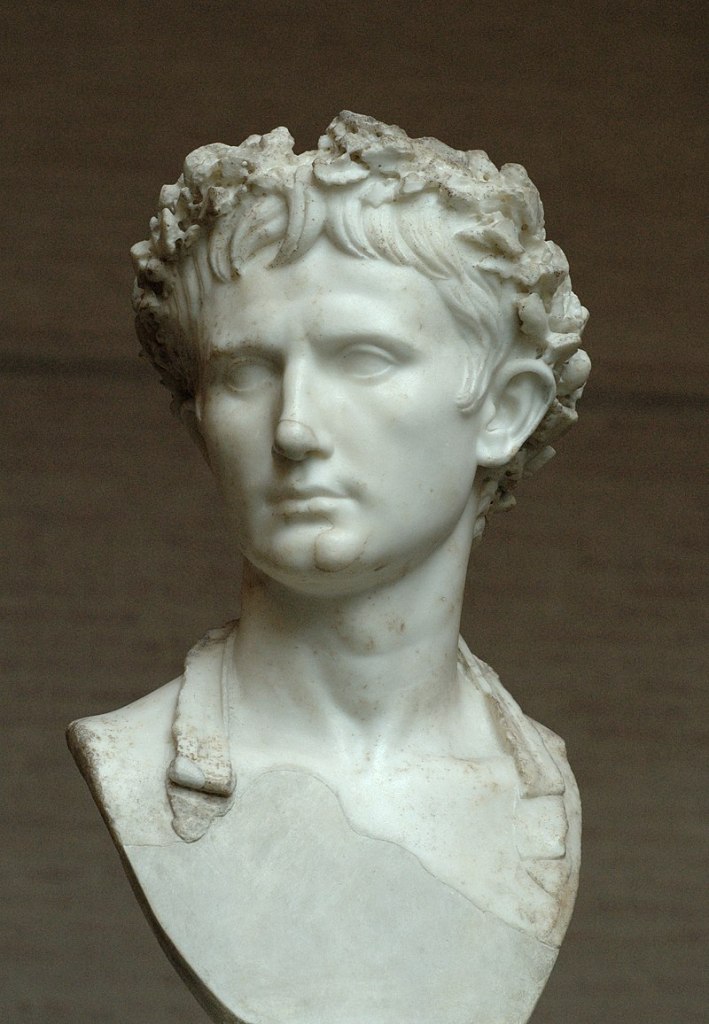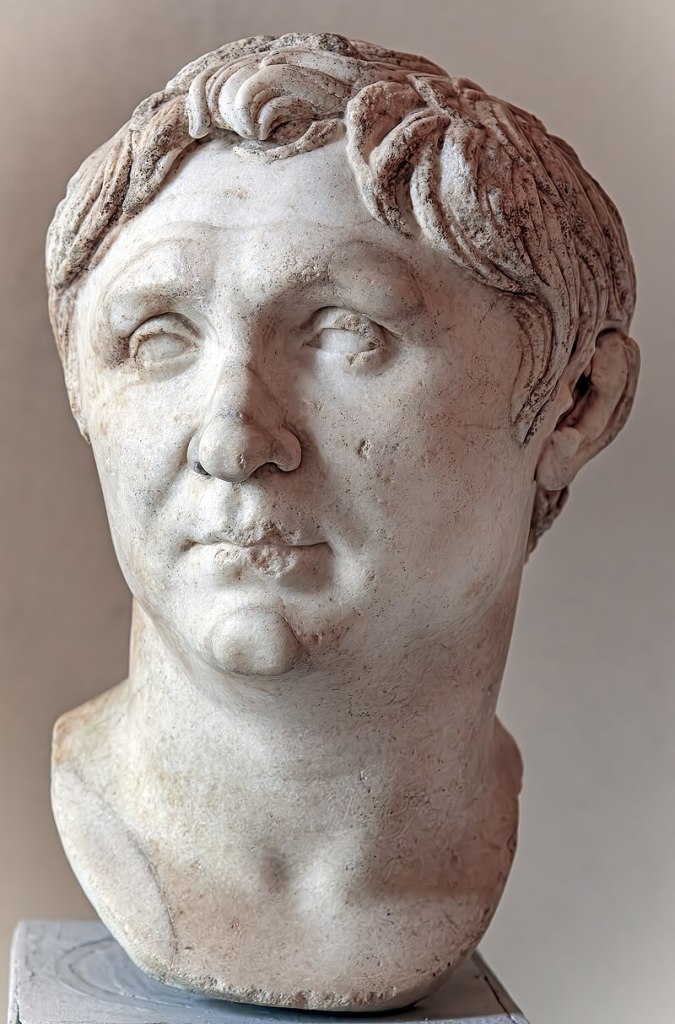In the tapestry of ancient Roman history, Julius Caesar and Pompey the Great stand out as two of the most influential figures of the late Republic. Their careers were marked by both collaboration and rivalry, leading to a dramatic confrontation that would reshape Roman governance. This detailed exploration aims to dissect the differences between these two colossi in terms of their political ideologies, military strategies, personal characteristics, and legacies.

Early Life and Rise to Power
Julius Caesar was born into the Julii, an ancient patrician family, in 100 BC. Despite his noble lineage, Caesar’s family was not particularly wealthy or politically influential at the time of his birth. His rise to power was marked by his exceptional intelligence, oratory skills, and strategic marriages and alliances. Caesar’s political career followed the traditional cursus honorum, but it was his ambition, military successes, and populist policies that distinguished him.
Pompey the Great (Gnaeus Pompeius Magnus), born in 106 BC, came from a wealthy Italian noble family. Pompey’s early fame stemmed from his military exploits and his support for Sulla during the Civil War, which earned him the title “Magnus” (the Great) by Sulla himself. Unlike Caesar, Pompey rose to prominence primarily through his military achievements, gaining considerable territories for Rome and securing his position within the Roman elite.

Military Achievements
Caesar’s military genius is perhaps best illustrated by his conquest of Gaul from 58 BC to 50 BC. His campaigns expanded Roman territory to the Atlantic Ocean, and his accounts in “Commentarii de Bello Gallico” provide insight into his tactical flexibility, strategic foresight, and ability to inspire loyalty among his troops. His crossing of the Rubicon River in 49 BC, a declaration of war against the Roman Senate and Pompey, demonstrated his audacity and willingness to gamble.
Pompey’s military career was marked by early successes in Africa and Sicily, leading to a triumph in Rome at the age of 25. His greatest military achievements include the defeat of the pirates in the Mediterranean and his victories in the East, including the conquest of Jerusalem in 63 BC. Pompey was celebrated for his organizational skills, logistical prowess, and the rapid execution of campaigns.
Political Ideologies and Strategies
Caesar was known for his populist policies, aligning himself with the Populares faction, which advocated for the rights of the Roman poor and sought to limit the power of the Senate. His reforms, which included land redistribution and debt relief, endeared him to the masses but alienated the Roman elite. Caesar’s approach to power was characterized by direct appeal to the people, bypassing traditional senatorial authority.
Pompey, though initially not deeply involved in the factional politics of Rome, aligned more closely with the Optimates, the conservative Senate faction, especially later in his career. His reliance on the Senate’s authority and traditional republican values contrasted with Caesar’s more revolutionary methods. Pompey sought to maintain the Republic’s status quo, emphasizing stability and order over populist reform.
Personal Characteristics
Caesar’s charisma, intelligence, and oratorical prowess made him a beloved figure among the Roman populace and his troops. His ambition and political acumen were evident in his ability to navigate the complex landscape of Roman politics. However, his desire for power also led to accusations of tyranny and ultimately his assassination.
Pompey was known for his dignity, discipline, and somewhat aloof personality. While respected for his military achievements, he lacked Caesar’s ability to connect with the lower classes and his troops on a personal level. Pompey’s adherence to tradition and the existing social order made him a stabilizing figure, but it also limited his ability to adapt to the rapidly changing political dynamics of late Republican Rome.
Legacies
Caesar’s legacy is that of a ruler who overstepped the bounds of the Republic to lay the groundwork for the Roman Empire. His assassination in 44 BC marked the end of the Roman Republic and the beginning of a series of civil wars that would lead to the rise of the Roman Empire under Augustus.
Pompey’s legacy, while overshadowed by Caesar’s, includes his significant contributions to expanding Roman territories and securing the Mediterranean. His defeat and subsequent assassination in Egypt in 48 BC marked the decline of the Republic’s old order and the rise of autocratic rule.
The differences between Julius Caesar and Pompey the Great encapsulate the complex interplay of ambition, ideology, and power that characterized the late Roman Republic. Their contrasting paths to power, military strategies, political beliefs, and personal characteristics highlight the divergent visions each had for Rome’s future. While Caesar envisioned a Rome under his centralized control, Pompey sought to maintain the Republic’s traditional structures. Their rivalry not only shaped their destinies but also set the stage for the